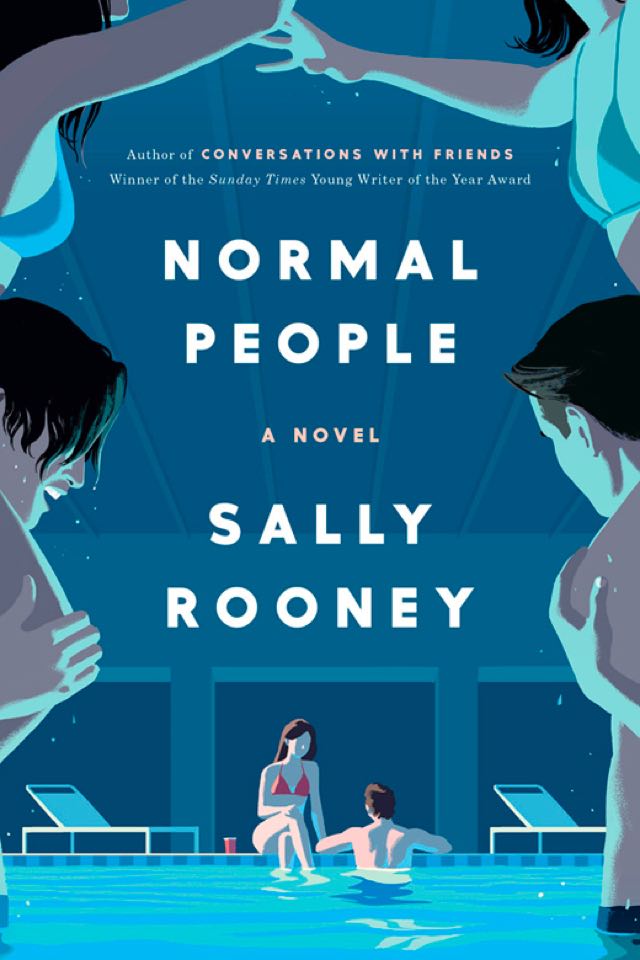Normal People
— Ariel Saramandi
Rare is the author who so dexterously parts and peels consciousness. Rooney’s a masterful observer of embryonic adulthood: her prose is beautiful yet contained, it doesn’t ramble on. Instead, you have cool, cutting lines such as “She feels like a soft piece of cloth that is wrung out and dripping” and “She chews on the inside of her cheek until the pain begins to settle her nerves and she’s not crying anymore.”

The smallest, agonized gesture or remark is often laden with incredible significance. Rooney has a brilliant knack of describing the ways in which young adults are often overwhelmed and horrified by their power over others; their reckless testing of the reach of that power; their grappling with the societal machinery that forges their psyche; their intense shame.
Normal People is a tale of love between two people of polar class differences: Marianne’s family owns property in Ireland and Italy, Connell’s mother cleans Marianne’s house. A prescient quote from George Eliot’s Daniel Deronda serves as the novel’s epigraph: ‘to many among us neither heaven nor earth has any revelation till some personality touches theirs with a peculiar influence, subduing them into receptiveness’. Normal People seems to be in conversation with novels of the late 19th century: there’s an explicit nod to them, I think, when Lorraine tells her son that Marianne’s mother may disapprove of their relationship, and Connell gets defensive and says “that’s like something from nineteenth-century times, I’m actually laughing at that” (a line that’s devastating upon one’s second reading of the novel). There isn’t a moment, in fact, where the cogs of social class are imperfectly rendered—quite a feat. Connell, for instance, notices how the children of wealthy people have incredible class-born confidence: “He understands now that his classmates are not like him. It’s easy for them to have opinions, and to express them with confidence. They don’t worry about appearing ignorant or conceited.”
Above all, I think, the epigraph holds the novel’s essence: it’s the way two people come together, and exert such influence over each other that they become inextricable. The story, though somewhat timeless in theme, is also very much set within the present day: our current trials and tribulations aren’t an afterthought. I was a student—albeit in England—at about the same time as Rooney (that she’s only a year older than me is a source of wonder—she really has emerged on the literary scene a fully-formed talent), the same time period in which Marianne and Connell are at Trinity. It’s all there, I recognize the climate: the Debating Union Society’s invitation of neo-Nazis/fascists/general hate-mongering scum, the casual racism you’d see from the very wealthy, their dismissal of those from working class backgrounds. It’s a novel that will and should undoubtedly find a firm place in syllabi in a few years, when English literature undergrads will be studying the mess of the late 2010s.